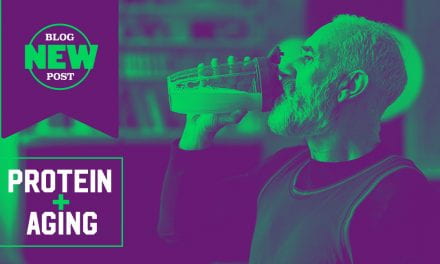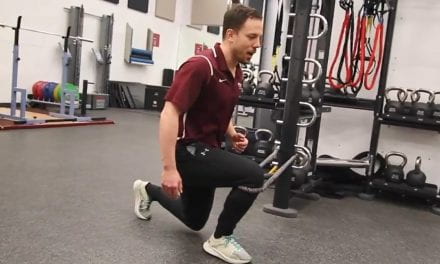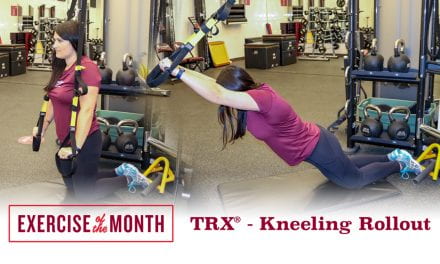 I woke up abruptly to the sound of my alarm in the morning. My heart felt like it would burst out of my chest. I placed my hand gently on my sternum, and I could see my hand move from the force of each beat. I tried breathing techniques, I tried drinking water, but nothing would calm it down. Was I having a heart attack? I felt a tight squeeze in my chest…maybe it’s a heart attack. Oh my gosh! Am I having a heart attack?
I woke up abruptly to the sound of my alarm in the morning. My heart felt like it would burst out of my chest. I placed my hand gently on my sternum, and I could see my hand move from the force of each beat. I tried breathing techniques, I tried drinking water, but nothing would calm it down. Was I having a heart attack? I felt a tight squeeze in my chest…maybe it’s a heart attack. Oh my gosh! Am I having a heart attack?
I ended up going to the emergency room, but they couldn’t find anything wrong with me. ECGs looked normal, blood work came out clean, and the x-rays didn’t find anything. It was confusing to the emergency doctors, but I had already figured out what was wrong. I just didn’t want to admit it. I had a panic attack.
Stress in a normal part of our life, but chronic stress can lead to health problems. When you experience stress your body goes into a “Flight or Fight” response and produces hormones that increase both heart rate and blood pressure. When this is prolonged over time, your body becomes exhausted from the increased energy expenditure. This can lead to numerous psychological and physical effects 1.
Healthy individuals who experience high levels of stress over time can experience cardiac problems such as angina (heart pain) and high blood pressure. Those who are obese or who have Coronary Heart Disease are at a higher risk of heart attack, angina, and other cardiac-related issues.2
Stress can put your body into a vulnerable position and trigger heart-related issues. So how does one prevent chronic stress from messing with your heart?
Well, from a fitness and lifestyle consultant’s point of view, exercise is always a great option. Shocking I know!
The best thing about exercise is that it not only does it help your heart become more efficient, which will prevent heart-related problems, but it can also help regulate your stress hormones, such as cortisol and epinephrine. That’s why individuals feel clear-headed after a good work-out session1.
As powerful as exercise is, however, it’s only a piece of the whole. If you feel like stress and anxiety gets in the way of your life, you may need to seek professional help from a trained professional, like a registered psychologist, to help you cope with difficult situations and stress.
February is heart month, so do something for your heart today.
Sources
1. Thompson., Condon C., Dodd S., Powers S. (2006). Total Fitness and Wellness Canadian Edition. Pearson Education Canada. Pg. 227-240
2. Suls J., Bunde J. Anger, Anxiety, and Depression as Risk Factors for Cardiovascular Disease: The Problems and Implications of Overlapping Affective Dispositions. American Physiological Association. 2005; 121:2. Pg. 273-282




